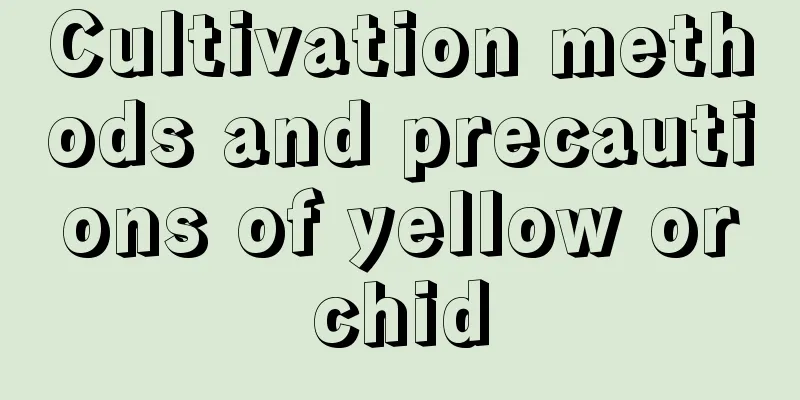Why does eggplant bloom but not bear fruit?

|
Eggplant is popular for its unique flavor and high nutritional value, but when growing eggplant, farmers may encounter the problem that the eggplant plants only bloom but do not bear fruit, which will undoubtedly reduce the yield and affect the profit. Let’s learn why eggplant blooms but does not bear fruit. 1. Factors affecting eggplant fruiting Environmental factors: including light, temperature and air circulation, which are essential for eggplant flowering and pollination. Temperatures below 15°C or insufficient light will affect pollination success. Nutrient deficiency: Eggplant particularly needs boron during the flowering period. Lack of boron will cause the flowers to wither and affect the fruiting. Pollination Issues: In closed environments such as greenhouses, natural pollination may not be successful due to restricted air circulation. Too many flowers: Too many flowers may lead to insufficient nutrient supply to the plant, so proper flower thinning is needed to ensure that nutrients are concentrated on healthy flowers. 2. Methods to improve the fruiting rate of eggplant Seedling transplanting: Compared with direct seeding, eggplants transplanted from seedlings will have a stunted growth after transplanting, balancing vegetative growth and reproductive growth, and reducing falling flowers and fruits. Promote weak plants and control strong plants: Supplement organic fertilizer and phosphorus fertilizer for weak growing plants, and take measures such as pinching the base or tilling the roots of vigorously growing plants to promote fruit setting. Pinching: Pinching promotes branching, increases fruiting areas, and increases the number of fruits. Hormone treatment: During the flowering period, use anti-drop hormone or 2,4-D solution to spray or dip the flowers, but pay attention to the hormone concentration and dosage. Artificial pollination: Artificial pollination is carried out on eggplants grown in protected areas, and the best pollination time is between 8 and 10 am. Prevent drought and diseases and pests: ensure water supply during the flowering period of eggplant, prevent and control diseases and pests in time, and choose low-toxic, high-efficiency and low-residue pesticides . In short, eggplant cultivation requires careful management at every step from sowing to fruiting. Reasonable use of water and fertilizer and a suitable growing environment are the key to ensuring eggplant yield and quality. Farmers can try and adjust these methods. If you have more experience and suggestions, please feel free to share and discuss.
|
<<: How to plant Paulownia trees and how to keep them alive
>>: What is Paulownia and how to propagate it
Recommend
When does the lily bloom?
1. Flowering period In fact, this plant can bloom...
When do peonies bloom?
When do peonies bloom? Flowering period: May. Whe...
When does the mahogany bloom? How to grow it so that it blooms
1. When does the mahogany bloom? Rosewood is a co...
How to care for Mo Lan to make it bloom (Methods and precautions for growing Mo Lan at home)
How to care for black orchid so that it can bloom...
How to plant sugarcane and when to plant it
1. Planting time It is usually planted in spring ...
Can compound fertilizer be applied to succulent plants?
1. Whether it can be imposed Compound fertilizer ...
Crack a hole in an egg and bury it in the soil. For 3 years, no fertilizer is needed and the leaves and flowers will be so green that they will drip with juice!
Crack a hole in the egg and bury it in the basin ...
When is the best time to plant carrots?
The main edible part of a carrot is its fleshy ro...
How to raise fairy cups
1. Maintenance methods 1. Temperature: The plant ...
The efficacy and function of osmanthus, how to make osmanthus tea
1. Efficacy and effects 1. Fresh breath: It conta...
How to prune variegated bamboo begonia
Variegated Bamboo Begonia Pruning When pruning ba...
Common insect pests of catalpa and their control
Common insect pests of catalpa There are many typ...
What are the benefits of lily and how to eat lily
1. What are the effects 1. Nutritional supplement...
Causes and treatments of yellow leaves of Maiden Heart
1. Normal metabolism Cause: Normal physiological ...
Cultivation of African double-petaled impatiens
1. Suitable soil The choice of soil is very impor...









